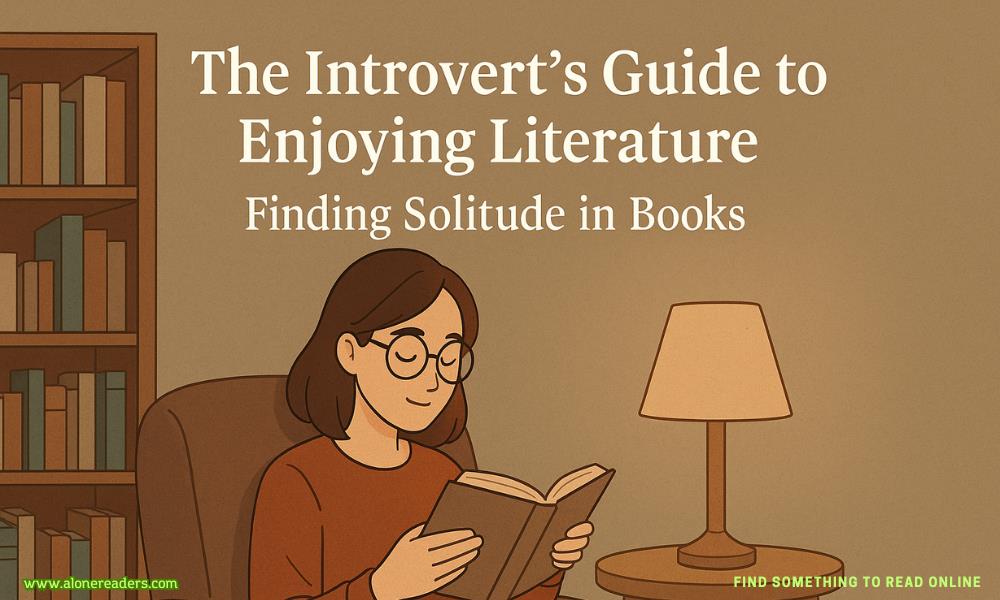Page 66 of Omega's Fire
The audience reacts immediately with loud applause and I hear a couple of people shouting their agreement. It takes a little while for the noise to die down.
“And Dr Thorndike? How did you get on with him?”
I hesitate. I have no idea how to answer that. My feelings about Nash are so complicated. Finally, I say, “It could have been worse.”
Glass nods toward my stomach. “Is it his baby?”
I tense. I should have expected the question. “Yes.”
The audience erupts again and Glass waits for the noise to die down again.
I should have asked to talk to Glass before we started. I should have set some no go zones in place. I don’t want to discuss the pregnancy.
But then there’s no way he’d have agreed to that. This is what David Glass is famous for. He asks the questions that his audience wants to hear.
To my surprise, he doesn’t push any further. Instead, he says, “The voiding of the match was done at federal level, but there is a possibility that its legality could still be challenged by the Bureau. This puts all prime matches on shaky legal ground.”
A sense of relief washes over me. This is where I am more comfortable. I don’t want to talk about Nash.
“Unfortunately not,” I say. “The match was void only because my registration was void. Normal prime matches, sadly, are still enforceable by the Bureau.”
The conversation flows naturally from there. Glass is a skilled interviewer, pushing when appropriate but never crossing into antagonism. We discuss the legal precedent my case set, the growing omega rights movement, legislation making its way through Congress.
Twenty minutes in, just as I’m finding my stride, Glass pauses with a slight smile that makes me suddenly wary.
“Leo, we actually have a surprise for you,” he says, and my stomach drops. “The one person who is as close to the legal case as you are. Ladies and gentlemen, please welcome Dr. Nash Thorndike.”
My head snaps to the wings and I see Nash walk through a stage door, escorted by Jennifer Walsh.
The audience gasps collectively.
The first hit of his scent nearly knocks me out of my chair. It’s been months since I’ve smelled him, and my body responds instantly, viscerally. Heat floods through me, my body recognizing him with an intensity that makes my hands tremble.
Nash looks equally stunned, his steps faltering slightly as our eyes meet. He was clearly expecting to walk into a standard interview setup, not to find me already on stage. His nostrils flare, catching my scent, and I see his pupils dilate even from here. For a moment, he actually stops walking, frozen in the wing entrance.
“Dr. Thorndike?” Glass prompts, and Nash seems to shake himself, continuing toward the empty chair they’re hastily placing next to mine.
The last time we saw each other, I’d kissed him in his office. Pushed him against his desk. Felt him inside me while I tried to pretend it meant nothing. Now he’s here, walking toward me and I can barely breathe through the wall of pheromones between us.
“I—” Nash starts, then stops, clearly trying to process the ambush. “Leo. I didn’t know you’d be here.”
“Neither did I,” I manage, my voice coming out rougher than intended. “About you, I mean.”
Glass looks delighted by our obvious discomfort. “Please, Dr. Thorndike, have a seat. We were just discussing Mr. Torres’s experiences.”
Nash sits carefully, maintaining as much distance as the chairplacement allows, but it’s not enough. His scent wraps around me like a blanket. “Dr. Thorndike,” Glass says smoothly as Nash sits, the picture of a host in control, “Mr. Torres was just explaining his objections to the Bureau’s system. How do you respond?”
My skin is prickling with awareness, every cell in my body screaming that my mate is near.
Nash seems to be struggling too. His jaw is tight, hands carefully folded. He looks at the audience, then at Glass and finally at me for the longest time. When he finally looks away and speaks, his voice is rougher than usual.
“Leo is right,” he says simply. “I made a mistake.”
The audience reacts with surprise, whispers rippling through the room. Glass’s eyebrows rise slightly. This clearly wasn’t the response he expected.
“That’s quite a departure from your previous positions.”
“It is,” Nash agrees. His scent spikes with something like regret. “Sometimes it takes seeing the harm firsthand to recognize what should have been obvious all along.”
- Her Desert King by Marian Tee
- A Wife's Duty by Sam Crescent
- The Gift that Keeps On Giving by Jessa Kane
- Hard Hearts by Ella Goode
- Obsidian Devotion by Sylvia Rae
- Sold to the Single Daddies by Summer Haze
- Coast by Jessica Gadziala
- Jezebel's Liberation by Lacy Rose
- A Touch of Fate by Cora Reilly
- Relentless Knight by Lisa Cullen
- The Cheerleader by Jade Marshall
- With this Ring by Sierra Cartwright
- Axel by Kelly Finley
- Ice Cold Liar by Cynthia Eden
- Her Daddies' Everything by Laylah Roberts
- Bound By Lust by Rose Marie







